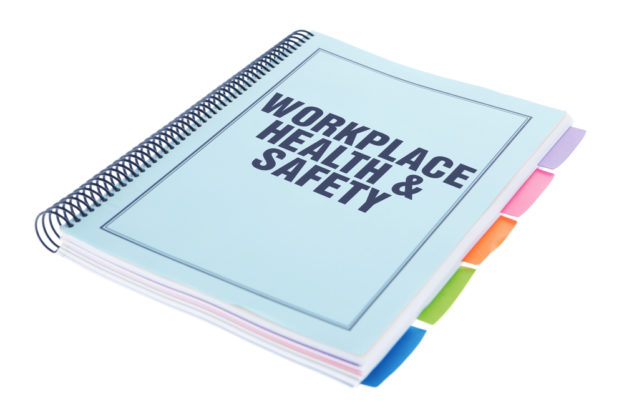
Brad Cave
by Brad Cave
The Wyoming Legislature convened last week, and our elected representatives have a full agenda of proposed employment laws. From changing the rules for time off for voting to prohibiting mandatory DEI training, the proposed legislation could result in more changes for Wyoming employment law than we have seen in decades. Wyoming employers should pay attention to these proposals.
Anti-Woke Proposals. The growing nationwide “anti-woke” movement and its related resistance to diversity, equity and inclusion programs (DEI) has influenced several bills before the legislature.
What is a Woman Act. House Bill 32 would create statutory definitions of the terms sex, male and female, tied to a person’s biological sex at birth, and would define boy, girl, father and mother in relation to biological sex at birth. The bill would also establish, at least as a matter of Wyoming law, that separate accommodations based on biological sex are not inherently unequal, and that accommodations can be equal with respect to biological sex without being the same or identical. Read more















